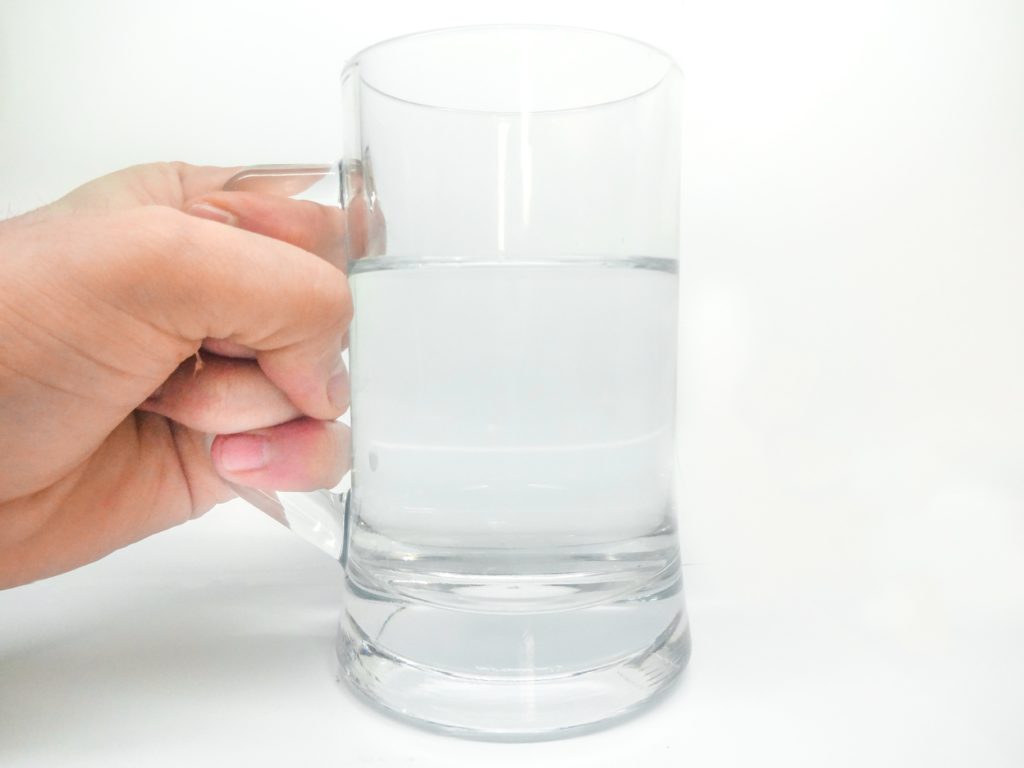Dry Mouth: Is It Sneaking Past Your Radar?
A dental epidemic is brewing, and it’s called Xerostomia, or “Dry Mouth”. It sounds innocuous enough, and perhaps that is why many people affected by the problem fail to treat it, or detect it altogether. But it’s nothing to scoff at, especially considering that extreme cases of this widespread problem include difficulty swallowing, speaking, and in some instances, bacterial or fungal infection.
Even if you don’t currently suffer from insufficient saliva production, it can easily happen to you! Here’s why, how to spot it and what you can do about it
Causes of Dry Mouth
1. Commonly Prescribed Medications
Many types of prescription medications can contribute to dry mouth:
- Painkillers
- Antihistamines
- Sedatives
- Antibiotics
- Asthma Inhalers
- Corticosteroids
- Antidepressants
- Diuretics
- Statins
2. Certain Health Conditions
Dry mouth can occur due to a variety of health issues including:
- Hypertension
- Cancer
- Pulmonary Disease
- Anxiety
- HIV/AIDS
- Diabetes
- Obesity
- Alzheimer’s
- Depression
- Post-Traumatic Stress
- Sjogren’s Syndrome
- Fibromyalgia
- Parkinson’s Disease
- Connective Tissue Disorders
- Arthritis
3. Damage to the Salivary Glands
Saliva production can be significantly reduced due to an impairment of the salivary glands from radiation, chemotherapy, surgery or an accident involving the head or neck.
4. Age, Stage or Lifestyle
Last, but not least, dry mouth can be attributed to everyday habits and situations. Illness, excessive sweating, diarrhea and other causes of dehydration may result in a parched, uncomfortable feeling in your mouth. Other factors such as smoking and sleeping with your mouth open are major contributors to this condition. Many cases can also be chalked up to aging, or are a result of natural health developments such as pregnancy or menopause.
Symptoms of Dry Mouth
Just as countless factors may cause dry mouth, the condition itself can vary widely by individual. If any of these warning signs are familiar to you, see your dentist for help:
- Bad breath, gingivitis and/or cavities despite frequent brushing and flossing
- A constantly parched, thirsty feeling that returns even after drinking water
- Trouble speaking or swallowing, coupled with pain, soreness and/or hoarseness
- A pebbled-looking tongue, that may also seem overly red or shiny
- A sense of stickiness, with food particles often found stuck to your teeth
- Cracking/blistering around the lips, no matter how well-hydrated you are
- A change in taste, with newfound difficulty eating spicy or dry foods in particular
- Noticeable lack of saliva pooling underneath your tongue
Treating Dry Mouth
Due to the complex nature (and countless causes) of this condition, enlisting the help of your dentist is your best bet for long lasting relief. After a thorough examination and review of your health and medical history, he or she may prescribe a mouth rinse or saliva-boosting medication to treat the problem.
Certain modifications to your everyday routine could also help ease the discomfort:
- Try to breathe through your nose as much as possible
- Keep sugar-free lozenges/candies within reach to combat excessive dryness
- Drink water even more frequently to replenish lost moisture in your mouth
- Switch to fluoride-fortified toothpaste and mouthwash to protect your teeth
- Consider using a humidifier if you breathe through your mouth while sleeping
Depending on the underlying cause of your situation, dry mouth may be temporary or a problem that’s here to stay. Regardless of duration, however, seeing your dentist regularly will be crucial to protect yourself against tooth decay and other costly oral health problems.

